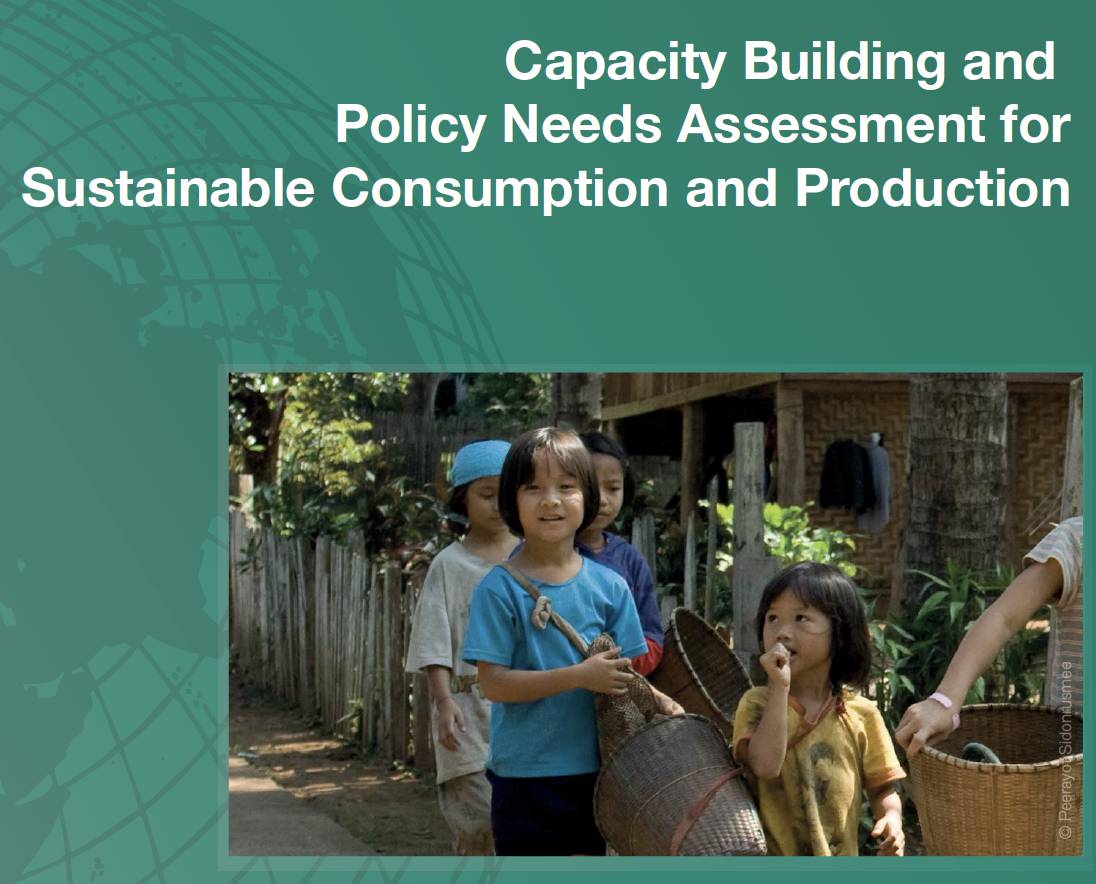
Public policies are developed in response to a perceived problem or opportunity. In the case of SCP and RE in developing economies in Asia, the analysis shows that the problem of sustainability is not generally recognized by society as a whole and as a consequence there is often no shared view about what needs to be done. In many developing countries in Asia, there are significant development pressures and many policies are designed to enhance national export incomes, to allow for investment in infrastructure and housing, to satisfy the aspirations of an emerging and fast growing middle class and to deal with issues of equity and poverty. There is recognition among political leaders, however, that due to rising global demand for goods and services, demand for natural resources – materials, energy, water and land – will increase accordingly, leading to much higher prices and greater price volatility for these resources. Socio-economic development and the future prosperity of Asian developing economies may well be constrained by the affordability and timely availability of the natural resources that underpin production and consumption systems in the region.


